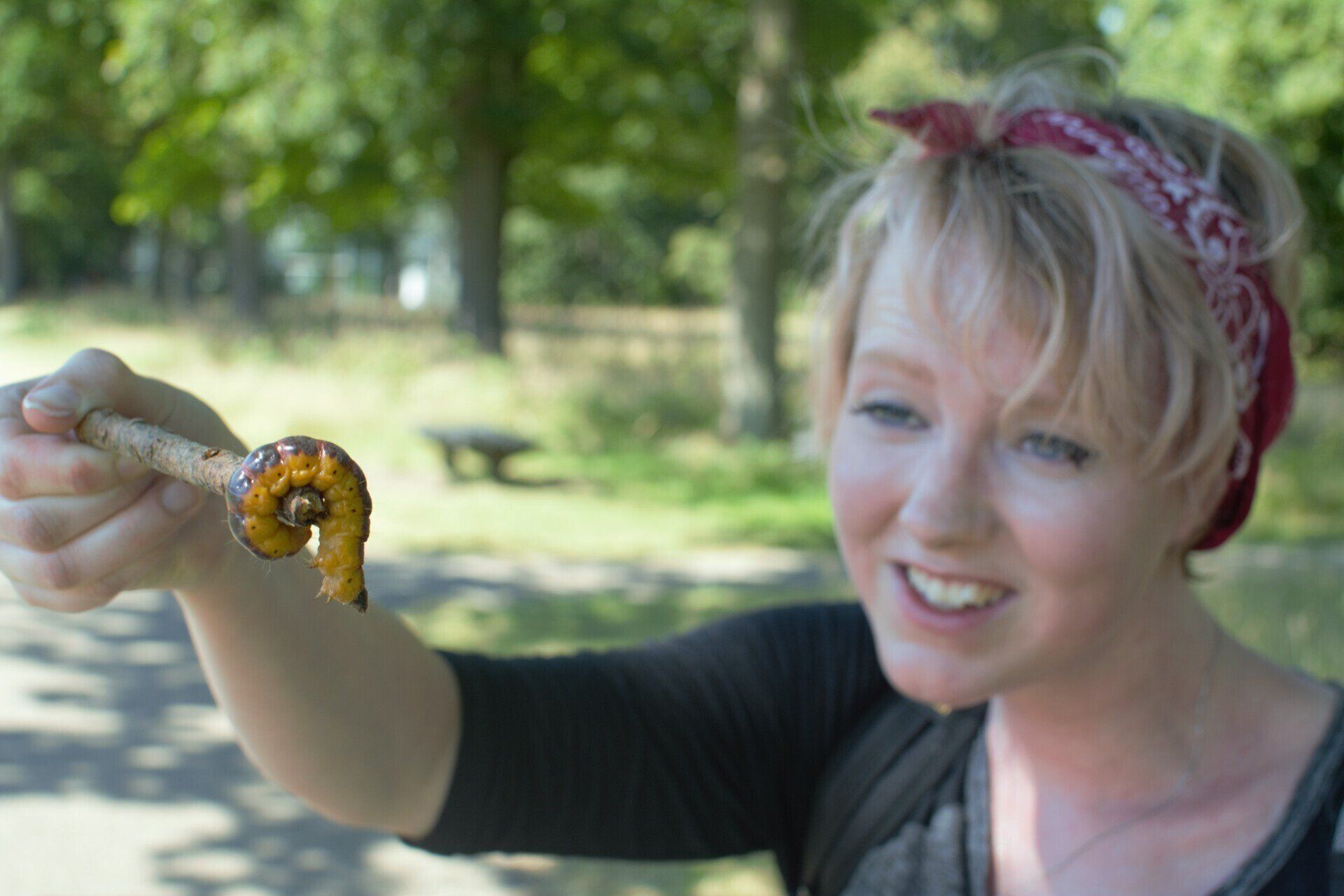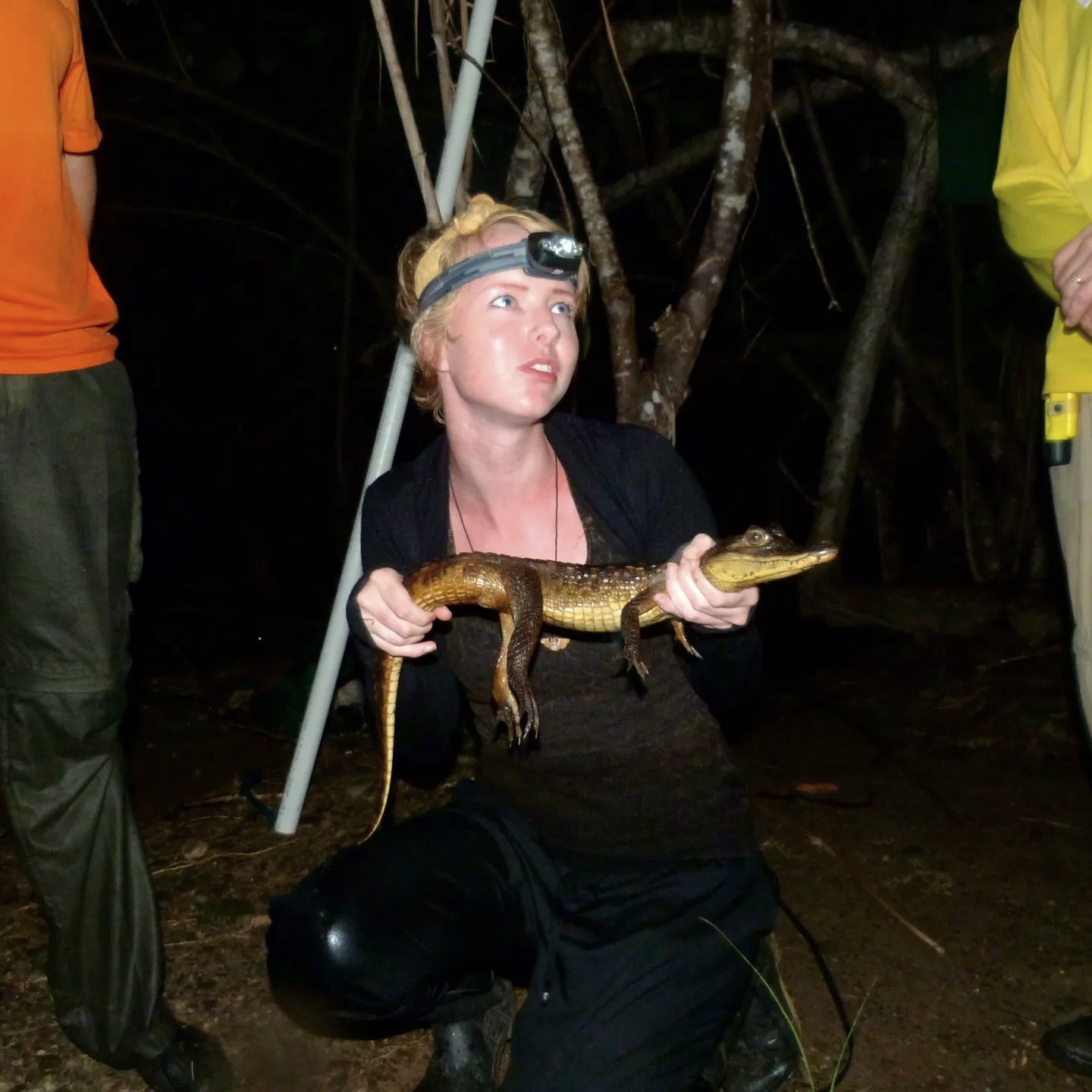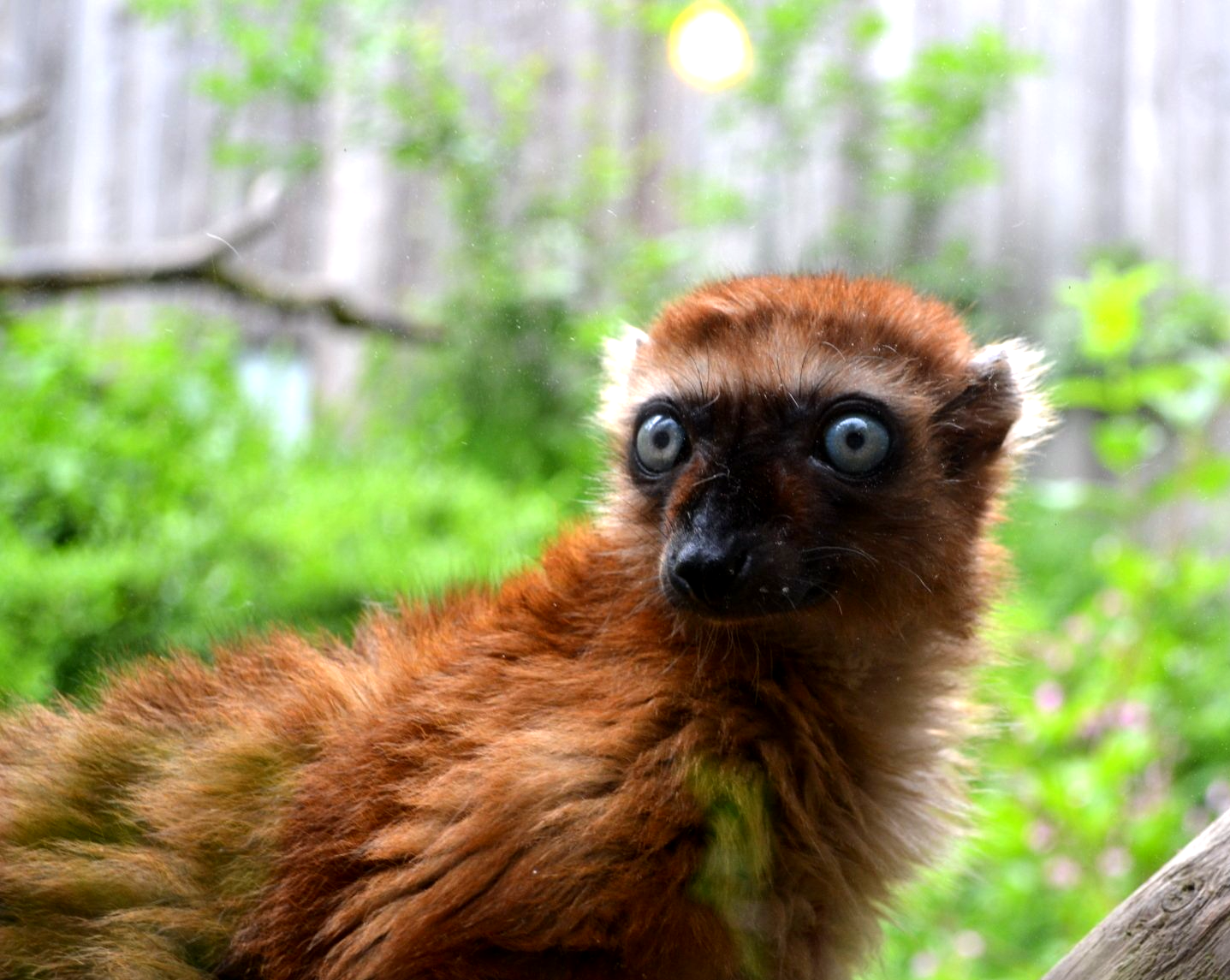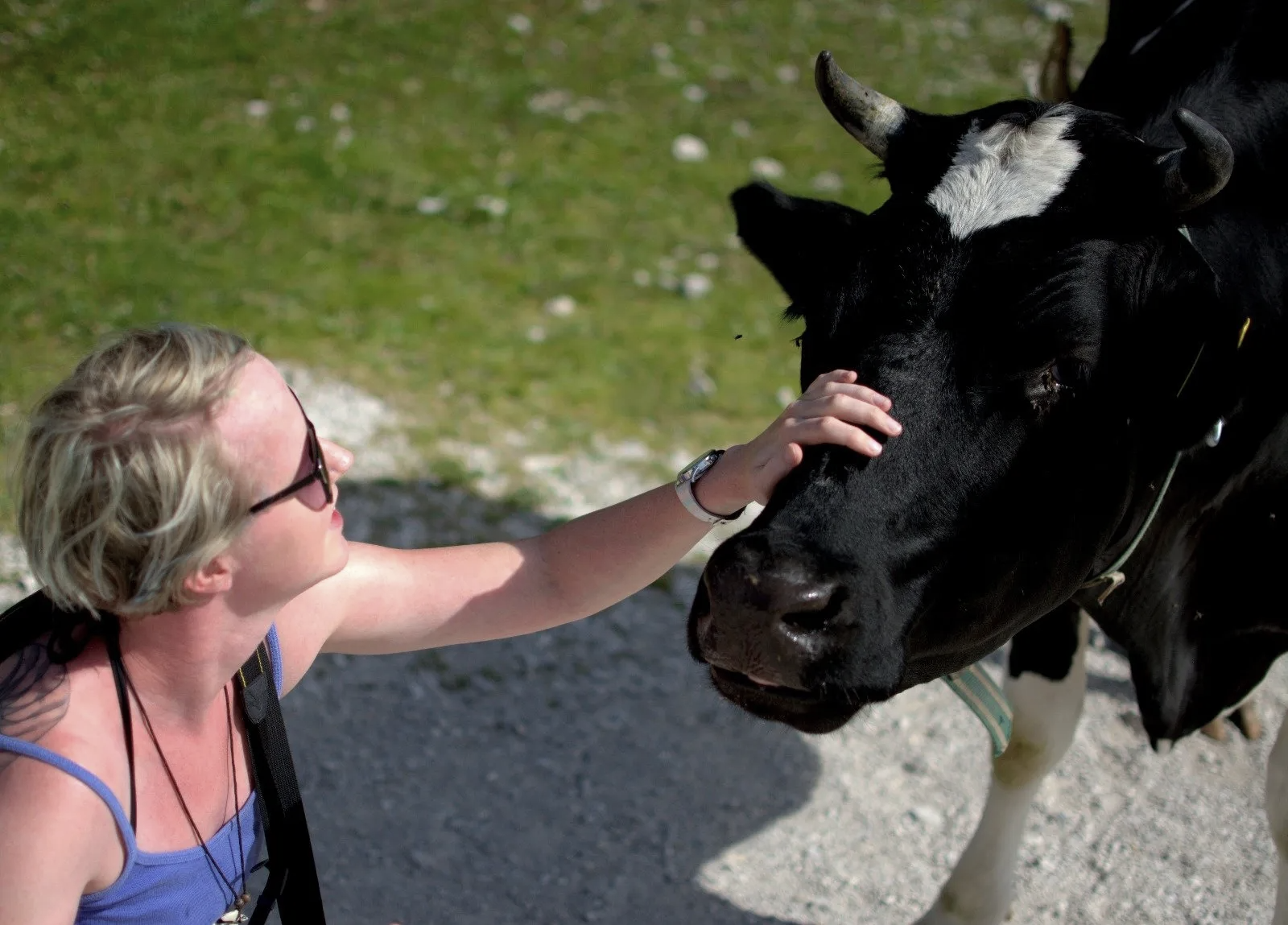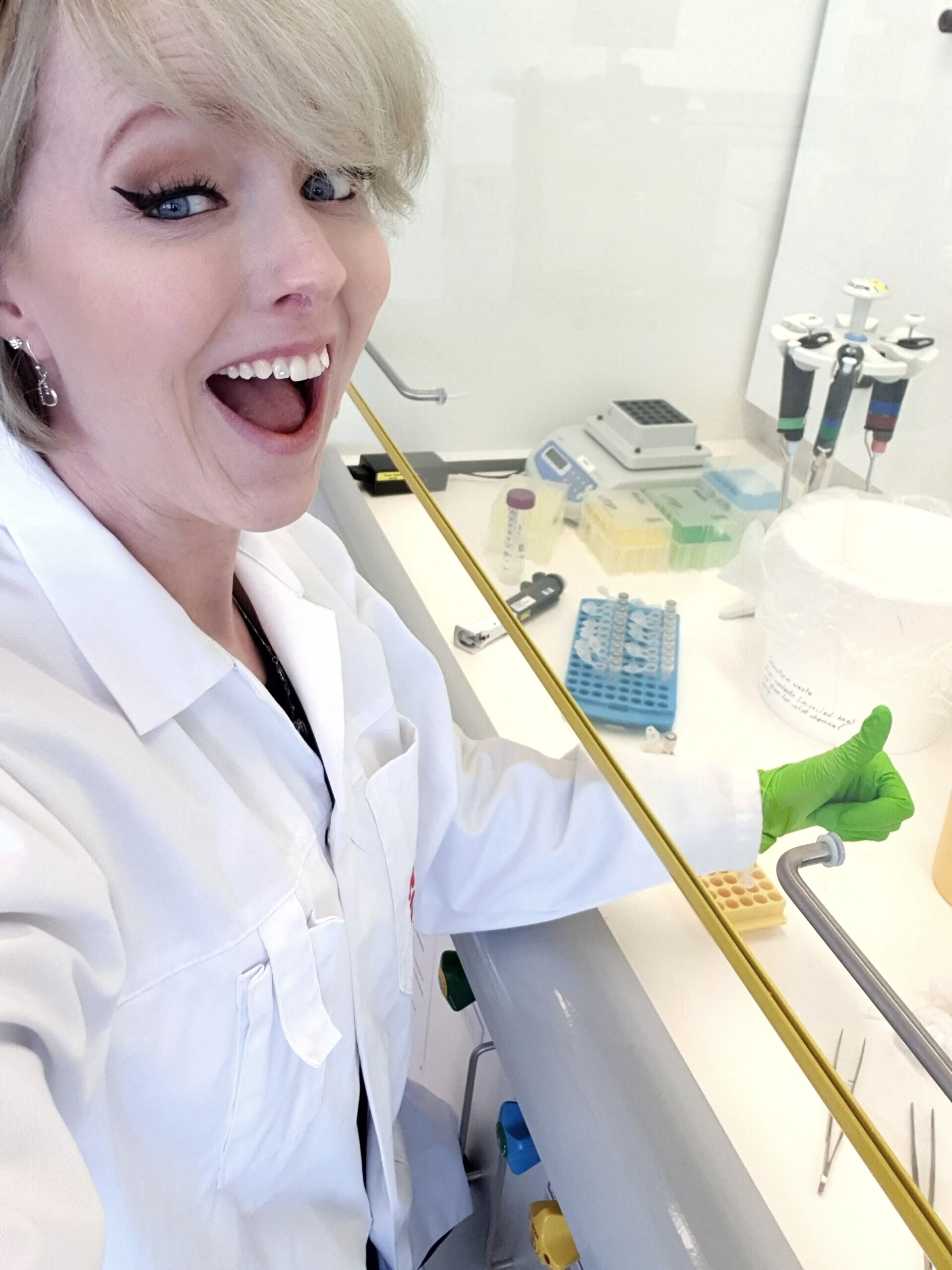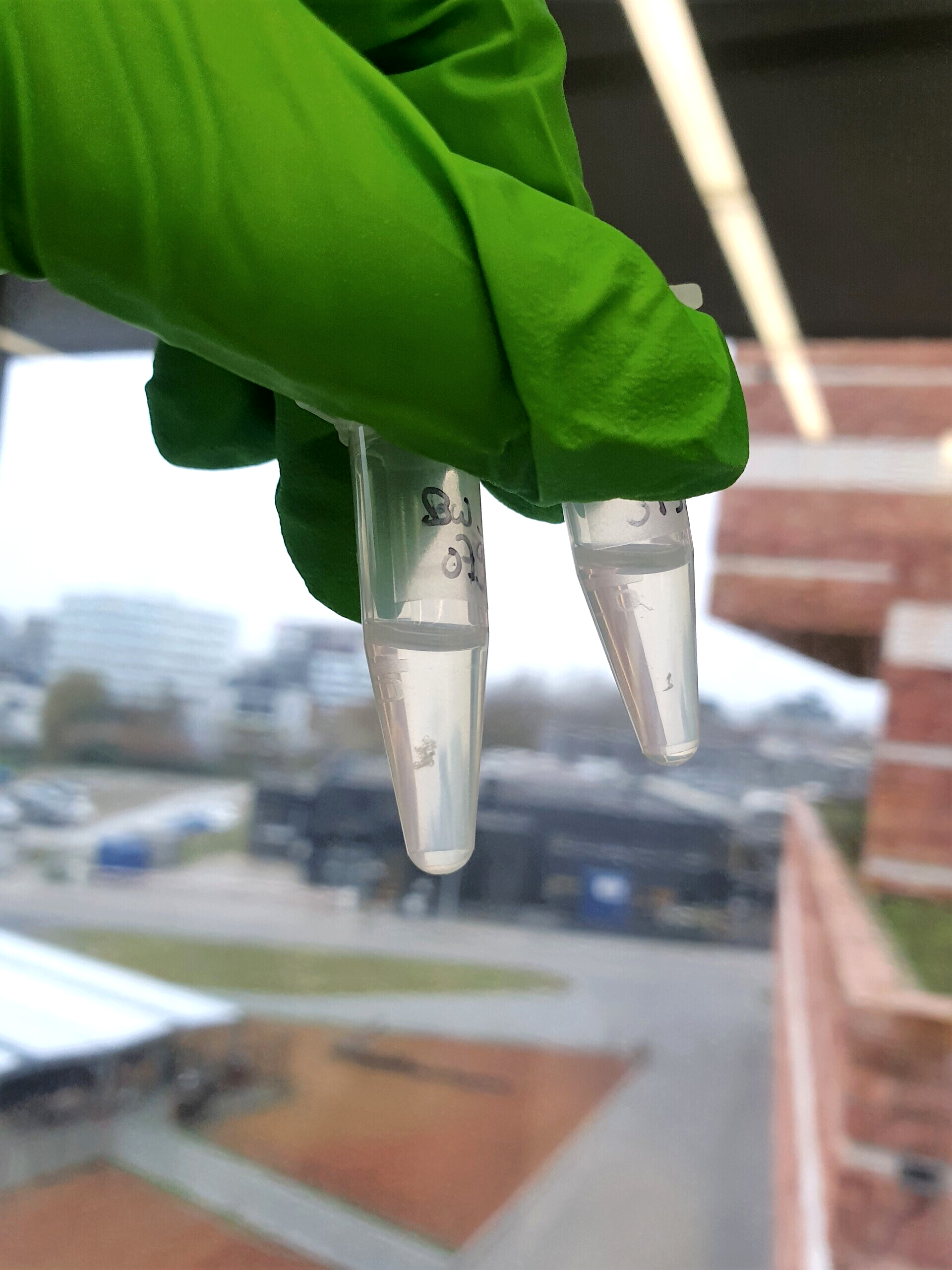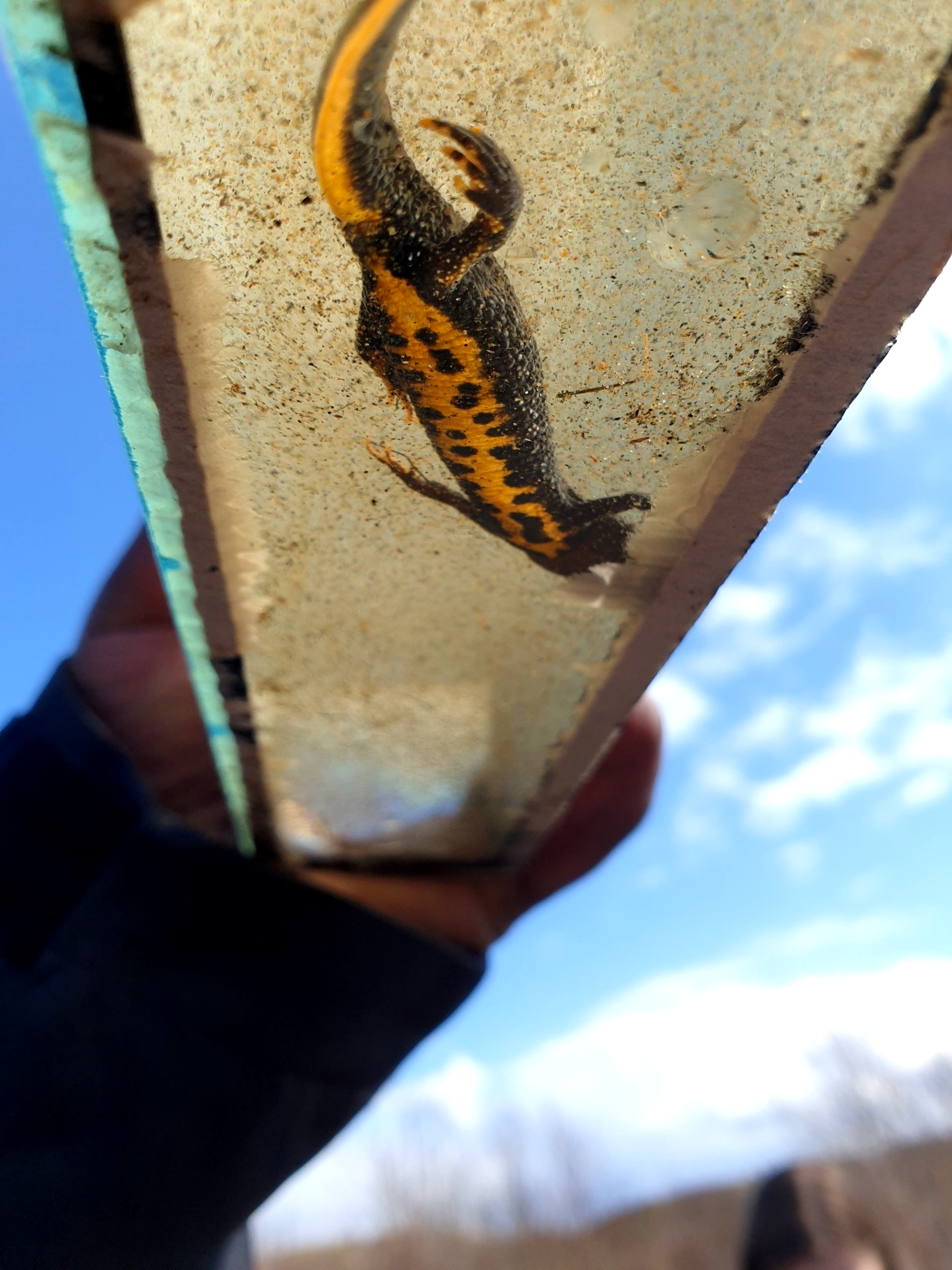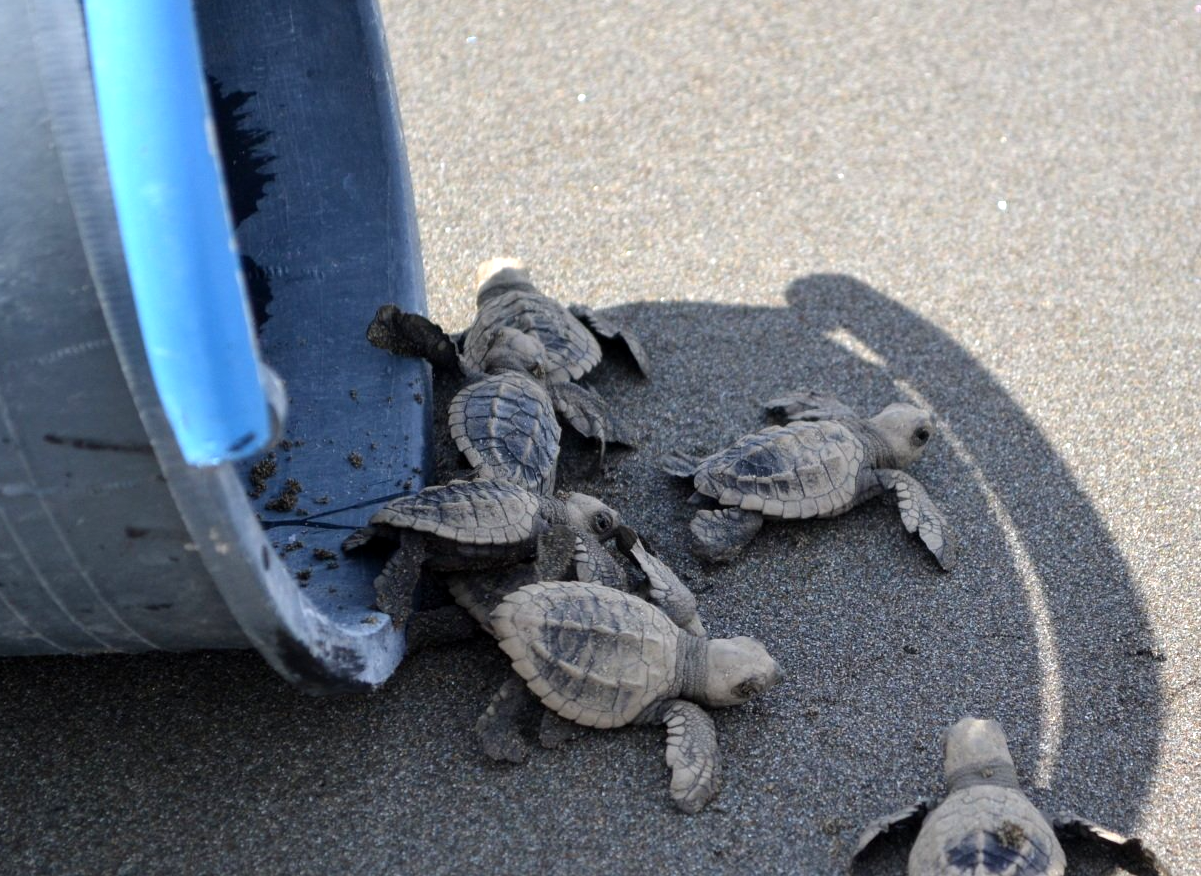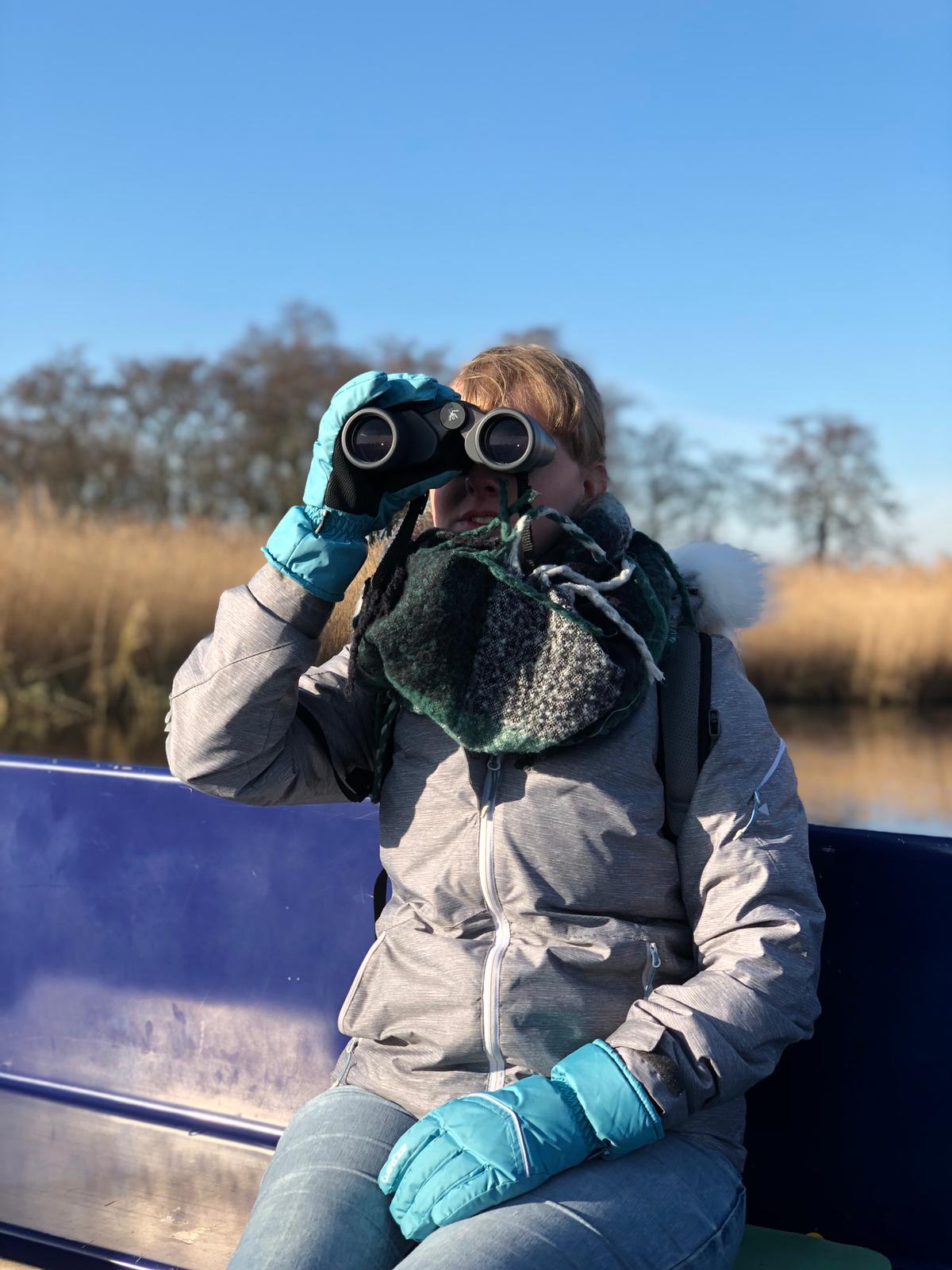Expertise
"Evolution is thoughtless and quite 'lazy' - and yet it has led to the beautiful nature around us!"
© Christos Kazilas
Curious about my specializations? Below I provide brief summaries, and on my LinkedIN profile you can find more in-depth information.
Behavioral Biology
To observe means to be patient
Something that is clearly fascinating to behold with the naked eye is animal behavior!
As a child I often visited the (petting) zoo and grew up with many pets. I remember the first time I realized that I needed to observe the behavior of animals carefully before I could truly understand them. I was about six years old and wanted to pet a penguin, but it bit my fingers. Hard! Did he not want to be petted? Or maybe he thought my finger was a fish?
In my adult years I conducted many behavioral observationsm of all kinds of animals. Doing this requires a good dose of patience and an objective attitude. I prefer to do it at night or during twilight, when many animals are active! Studying animal behavior will always be a passion of mine. I even learned a lot about human behavior: after all we are just animals too. And like it or not, our behavior ultimately matters most when it comes to nature conservation.
As a child I often visited the (petting) zoo and grew up with many pets. I remember the first time I realized that I needed to observe the behavior of animals carefully before I could truly understand them. I was about six years old and wanted to pet a penguin, but it bit my fingers. Hard! Did he not want to be petted? Or maybe he thought my finger was a fish?
In my adult years I conducted many behavioral observationsm of all kinds of animals. Doing this requires a good dose of patience and an objective attitude. I prefer to do it at night or during twilight, when many animals are active! Studying animal behavior will always be a passion of mine. I even learned a lot about human behavior: after all we are just animals too. And like it or not, our behavior ultimately matters most when it comes to nature conservation.
Molecular Biology
You can't see it, but it is there!
Every day I also learn more about that which cannot be seen with the naked eye: DNA.
DNA is also called the blueprint of all life. By specializing in genetics (the study of 'genes') and genomics (the study of 'genomes') I have learned so much more about how nature works. Molecular biology has become indispensable, especially within evolutionary science. There is still so much to discover.
For my work at Naturalis and the University of Leiden, I focus primarily on the DNA of amphibians. Specifically, I am researching a genetic anomaly in the DNA of certain species of newt, together with my colleagues from the Wielstra lab. I also help with more general projects that focus mostly on other amphibians such as frogs or toads. Sometimes, we study reptiles, such as lizards.
DNA is also called the blueprint of all life. By specializing in genetics (the study of 'genes') and genomics (the study of 'genomes') I have learned so much more about how nature works. Molecular biology has become indispensable, especially within evolutionary science. There is still so much to discover.
For my work at Naturalis and the University of Leiden, I focus primarily on the DNA of amphibians. Specifically, I am researching a genetic anomaly in the DNA of certain species of newt, together with my colleagues from the Wielstra lab. I also help with more general projects that focus mostly on other amphibians such as frogs or toads. Sometimes, we study reptiles, such as lizards.
Ecology
Everything is interconnected
Ecology is something that you can occasionally observe with the naked eye, but not always.
In nature, every organism plays a role within the so-called 'ecosystem'. All those different organisms together, such as the different plants, fungi and animals, make up the earth's biodiversity. By studying the relationships between ecosystems and their biodiversity, we can optimally protect nature: when biodiversity decreases, ecosystems generally become less stable and less healthy. That is why I find ecology interesting and important.
Fun fact: animals continuously leave 'DNA traces' in their environment through hair, skin cells and feces. This is also called 'environmental DNA' (eDNA). So, studying nature can actually be like a big crime scene investigation! We can identify species by using eDNA, even when we are not able to observe them directly. Over the years I have learned a thing or two about eDNA. It forms a clear bridge between ecology and molecular biology!
In nature, every organism plays a role within the so-called 'ecosystem'. All those different organisms together, such as the different plants, fungi and animals, make up the earth's biodiversity. By studying the relationships between ecosystems and their biodiversity, we can optimally protect nature: when biodiversity decreases, ecosystems generally become less stable and less healthy. That is why I find ecology interesting and important.
Fun fact: animals continuously leave 'DNA traces' in their environment through hair, skin cells and feces. This is also called 'environmental DNA' (eDNA). So, studying nature can actually be like a big crime scene investigation! We can identify species by using eDNA, even when we are not able to observe them directly. Over the years I have learned a thing or two about eDNA. It forms a clear bridge between ecology and molecular biology!


